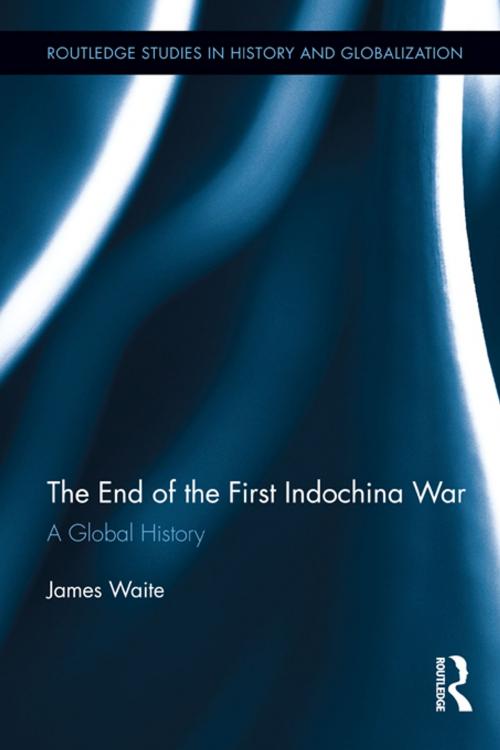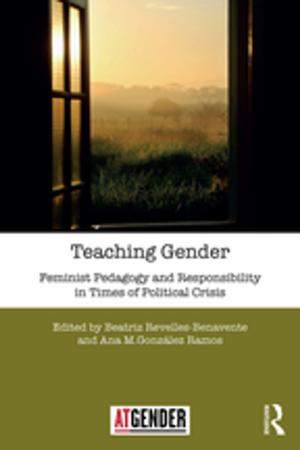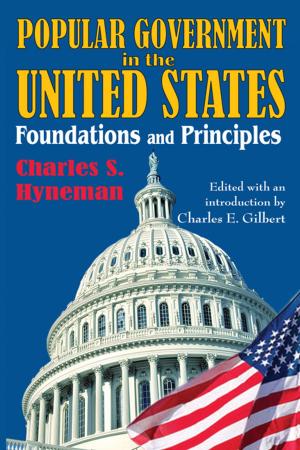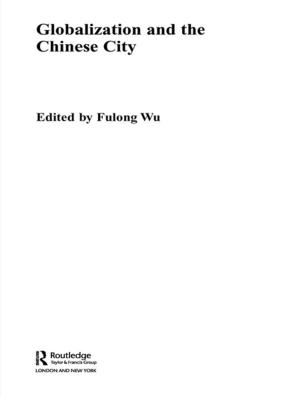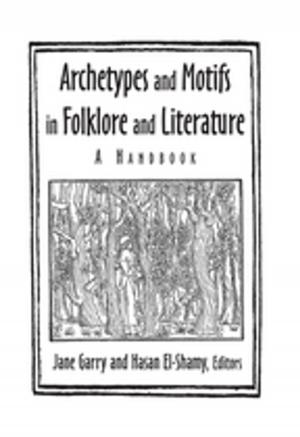The End of the First Indochina War
A Global History
Nonfiction, History, Asian, Southeast Asia, World History, Americas, United States, 20th Century| Author: | James Waite | ISBN: | 9781136273346 |
| Publisher: | Taylor and Francis | Publication: | August 21, 2012 |
| Imprint: | Routledge | Language: | English |
| Author: | James Waite |
| ISBN: | 9781136273346 |
| Publisher: | Taylor and Francis |
| Publication: | August 21, 2012 |
| Imprint: | Routledge |
| Language: | English |
The French withdrawal from Vietnam in 1954 was the product of global pressures and triggered significant global consequences. By treating the war as an international issue, this book places Indochina at the center of the Cold War in the mid-1950s. Arguing that the Indochina War cannot be understood as a topic of Franco-US relations, but ought to be treated as international history, this volume brings in Vietnamese and other global agents, including New Zealand, Australia, and especially Britain, as well as China and the Soviet Union. Importantly, the book also argues that the successful French withdrawal from Vietnam – a political defeat for the Eisenhower administration – helped to avert outright warfare between the major powers, although with very mixed results for the inhabitants of Vietnam who faced partition and further bloodshed.
The End of the First Indochina War explores the complexities of intra-alliance competition over global strategy – especially between the United States and British Commonwealth – arguing that these rivalries are as important to understanding the Cold War as east-west confrontation. This is the first truly global interpretation of the French defeat in 1954, based on the author’s research in five western countries and the latest scholarship from historians of Vietnam, China, and Russia. Readers will find much that is new both in terms of archival revelations and original interpretations.
The French withdrawal from Vietnam in 1954 was the product of global pressures and triggered significant global consequences. By treating the war as an international issue, this book places Indochina at the center of the Cold War in the mid-1950s. Arguing that the Indochina War cannot be understood as a topic of Franco-US relations, but ought to be treated as international history, this volume brings in Vietnamese and other global agents, including New Zealand, Australia, and especially Britain, as well as China and the Soviet Union. Importantly, the book also argues that the successful French withdrawal from Vietnam – a political defeat for the Eisenhower administration – helped to avert outright warfare between the major powers, although with very mixed results for the inhabitants of Vietnam who faced partition and further bloodshed.
The End of the First Indochina War explores the complexities of intra-alliance competition over global strategy – especially between the United States and British Commonwealth – arguing that these rivalries are as important to understanding the Cold War as east-west confrontation. This is the first truly global interpretation of the French defeat in 1954, based on the author’s research in five western countries and the latest scholarship from historians of Vietnam, China, and Russia. Readers will find much that is new both in terms of archival revelations and original interpretations.
